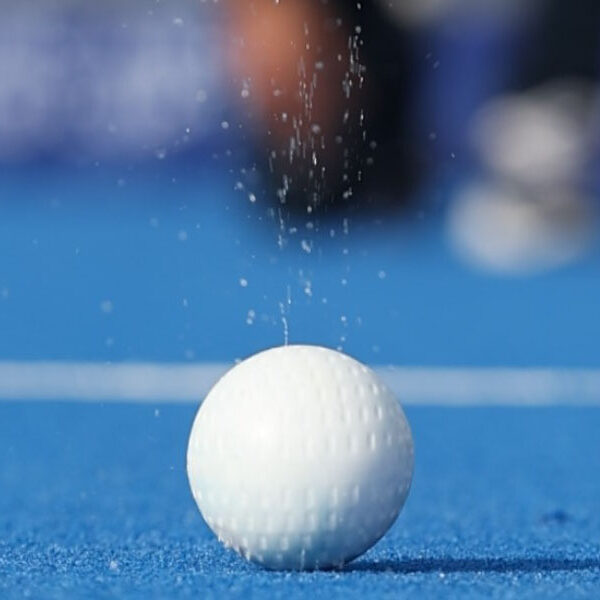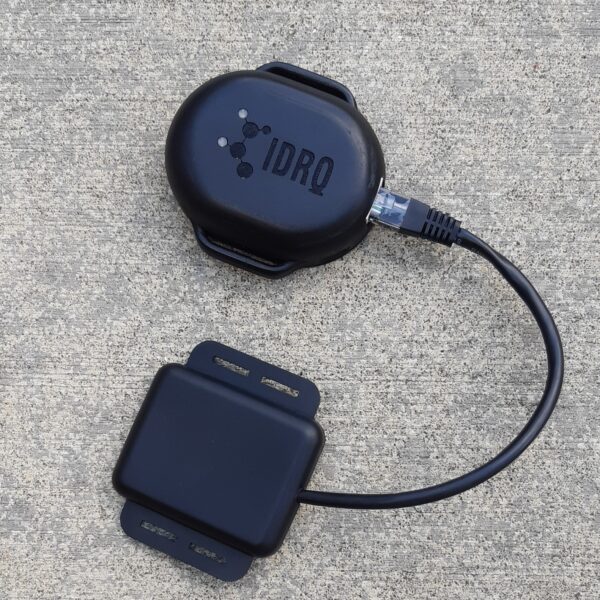Rewetta ball

The Rewetta ball is a field hockey ball with a self-wetting mechanism. Instead of extensively watering the entire field, you briefly submerge the ball in water before use. When there is friction with the pitch or interaction with the stick, the ball releases water.
The result: there is no more need for a watered hockey field: the ball rolls smoothly and consistently across a dry pitch and barely bounces. Moreover, the ball can handle many conditions, from high temperatures to rainy surfaces.
Professional hockey fields require extensive wetting. Millions of litres of water are used annually to irrigate one field, making the sport expensive, unsustainable and inaccessible. That’s why the international field hockey federation FIH aims to switch to dry fields as soon as possible.
One water field requires up to 15,000 litres of water per spraying session. This equals millions of litres annually or nearly 5 Olympic-sized swimming pools. And an expensive sprinkler system on top of it. In countries with extreme drought, that makes the sport inaccessible. Moreover, such water consumption is not sustainable in a world of climate change and drinking water scarcity.
Professor Dagmar D’hooge of the Department of Materials, Textiles and Chemical Engineering (MaTCh) rose to the challenge of making field hockey more sustainable. He put together a multidisciplinary team with Professor Ludwig Cardon, Stijn Rambour and Mustafa Erkoç to concoct a solution.
There is no more need for a watered hockey field: the Rewetta ball rolls smoothly and consistently across a dry pitch and barely bounces. Moreover, the ball can handle many conditions, from high temperatures to rainy surfaces.
Away with expensive sprinkler systems and sky-high water consumption. And even better: the Rewetta ball is sustainable in all aspects: “We aimed for a circular product. Our ball is completely recyclable.”
The main goal of the Rewetta ball is to make field hockey:
- more sustainable
- more accessible
- less expensive
Prof. Dagmar D’hooge, Prof. Ludwig Cardon, Stijn Rambour and Mustafa Erkoç
Contact us for more information about this project






